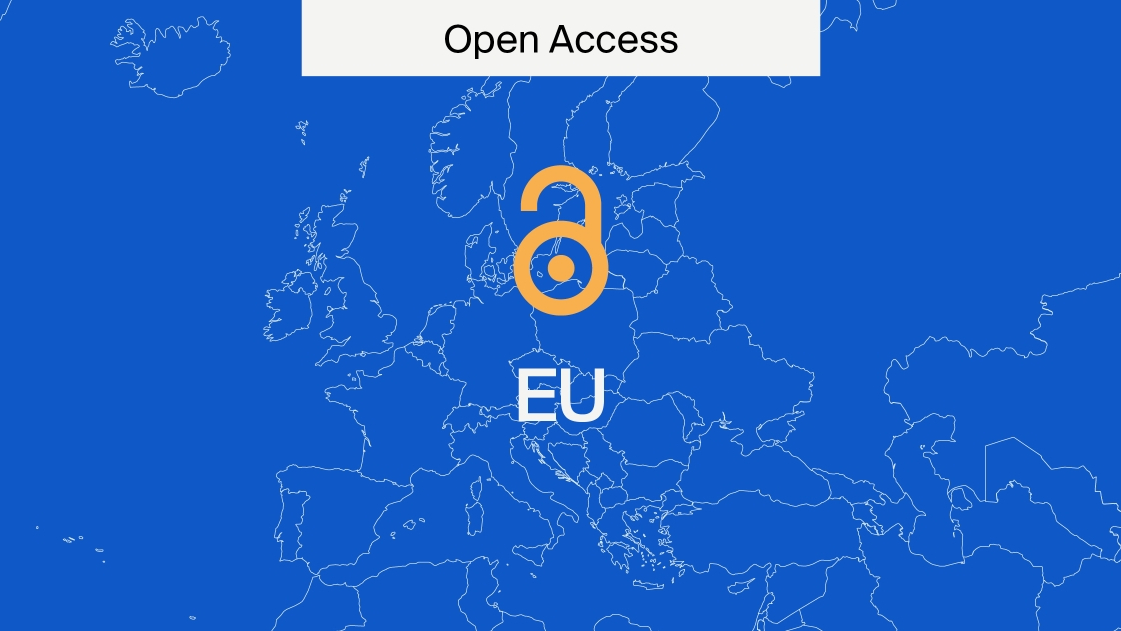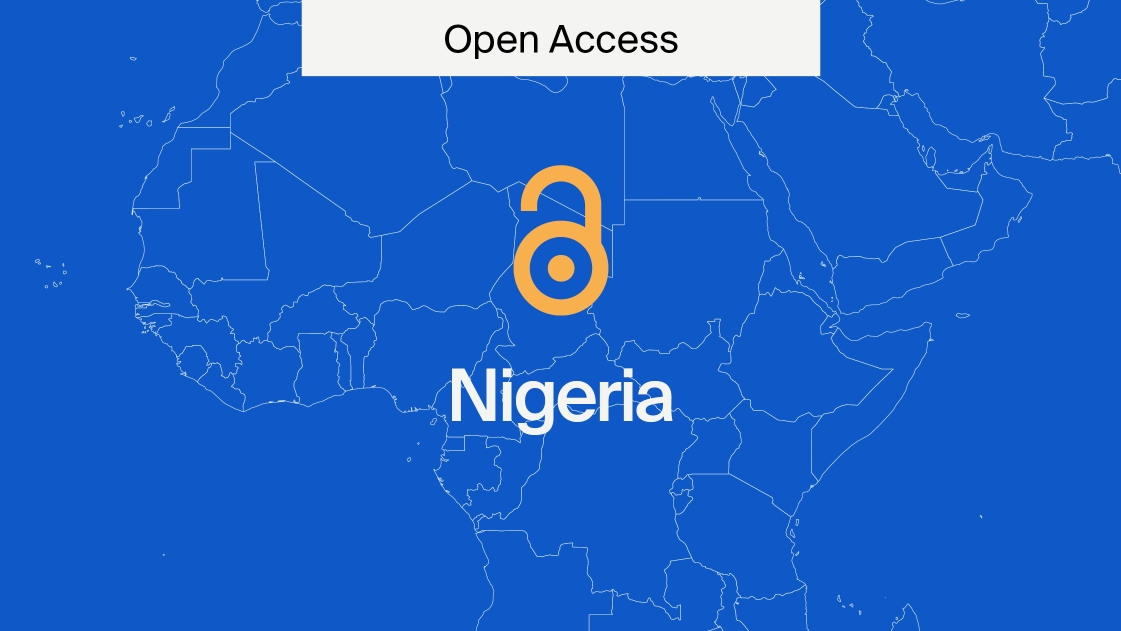
Inviting Great Peer Reviewers
Inviting peer reviewers is an essential process in publishing. Peer review validates academic work ensuring that all research is accurate. It allows experts in the field to read the work and comment on its quality and if improvements could and should be made. We wrote this article in celebration of Peer Review Week to be transparent about how we invite great peer reviewers. For more about MDPI’s Peer Review Week articles, you can find them here
Types of peer review
There are three main types of peer review, blind, double-blind and open review. Blind peer review processes prevent bias and allow reviewers to be more honest with their reviews. In addition, it can also protect the reviewer’s identity to prevent the authors from contacting them. Submission of low-quality work is becoming more prevalent, especially with fast-paced research important for scientific developments. Without this process, the quality of the work and journal would be compromised. We feel it’s important to emphasize how crucial peer review is to MDPI as a company and what our process is.
Single-blind peer review
A single-blind peer review is where the authors don’t know who the reviewers are, but the reviewers know who the authors are. Single-blind peer review is commonly used at MDPI. However, this differs for all journals.
Double-blind peer review
A double-blind peer review is where neither the author nor reviewers know who each other is. The journal Toxins changed their peer-reviewing process to a double-blind process in 2016.
Open peer review
Open peer review at MDPI is where the author has the option to publish the review reports as well as the author’s responses with the published paper. Reviewers have the option to sign their reports, revealing their names. For information on how MDPI views open peer review we encourage further reading on the subject. The journal, Life, was the first MDPI journal to implement open peer review.
Peer Review Process
Here at MDPI the manuscript goes through various checks before the peer review process begins. This includes checking author names, the document, ethical approval, duplication and more.
Inviting great peer reviewers can be difficult. One dedicated MDPI staff member coordinates the review process and serves as the main point of contact for authors, academic editors and reviewers. Unfortunately, reviewers aren’t always available to provide a review which can make this task hard to balance.
Having more than two reviewers is ideal as reviewers can have opposing views. Which can lead to in depth discussions. The reviewers give their comments on their opinion of the manuscript and make suggestions for improvements. Reviewers provide their opinion on whether the manuscript should proceed to publication.
Here at MDPI, there are four decisions they can suggest, accept in current form, minor revisions, major revision or reject.
MDPI Guidelines for Inviting Great Peer Reviewers
As part of MDPI guidelines, the reviewers must have no conflict of interest with the authors. Reviewers must not have published with the author within 5 years. In addition, the reviewers must be qualified and hold a PhD. They must also be appropriate for the subject of the manuscript. It’s also important that the reviewers have official recognised affiliations with a university or research institute and a publication record. We encourage the authors of the manuscript to suggest appropriate reviewers. These reviewers must be checked for conflicts of interest with the authors.
Inviting Great Peer Reviewers from our Database
MDPI editorial staff will use qualified Editorial Board members, qualified reviewers from our database, or new reviewers identified by web searches for related articles. Assistant editors must follow the guidelines mentioned above to determine if the reviewer is appropriate. We also strive for fast publication and because of this it’s also important for assistant editors to check how regularly reviewers have participated in peer review. Reviewers can’t be invited if they have reviewed too recently or if they are still involved with a review. This is to prevent reviewers from becoming overworked with manuscripts. Inviting great peer reviewers who have a good reviewing record is ideal as it will prevent delays to processing and ensure that peer review is completed properly.
Advantages of Becoming a Peer Reviewer
Reviewing manuscripts is a crucial process for MDPI. Because of this, we aim to reward those who are willing to provide reviews. Discount vouchers to reduce the article processing charge when publishing with MDPI, are available for those who provide good consistent reviews. Reviewers’ discount vouchers are linked to their email and can be applied during the submission process. They can also be included in annual acknowledgements for certain journals.
Also the editor in chief can promote excellent conistant reviewers to review board members. Here on the blog, we recently wrote a in depth post about all the advantages of becoming a peer reviewer for MDPI. If you’re interested in joining MDPIs reviewer database, please see the guideline for reviewers page.
Choosing Reviewers Breakdown
Choosing great reviewers can be a complicated and long process but we try to simplify this at MDPI. By using a curated database to identify appropriate reliable and qualified reviewers that will provide excellent reports. To do our best following strict guidelines to ensure that chosen reviewers are experts in their fields or have vast experience. Ensuring that reviewers do not have conflicts of interest with the authors or published with them within 5 years. Checking that the reviewers have appropriate affiliations and publication history.
Why Inviting Great Peer Reviewers Matters
To conclude, inviting great peer reviewers is crucial to ensuring a fair and effective peer review process. Without it the quality of research could be compromised. For more articles for Peer Review Week, come visit us tomorrow!











Valuable share as great peer reviewer scheme.